Normal Alphabet Worksheets for Ages 3-8 - Page 2
252 filtered results
-
From - To
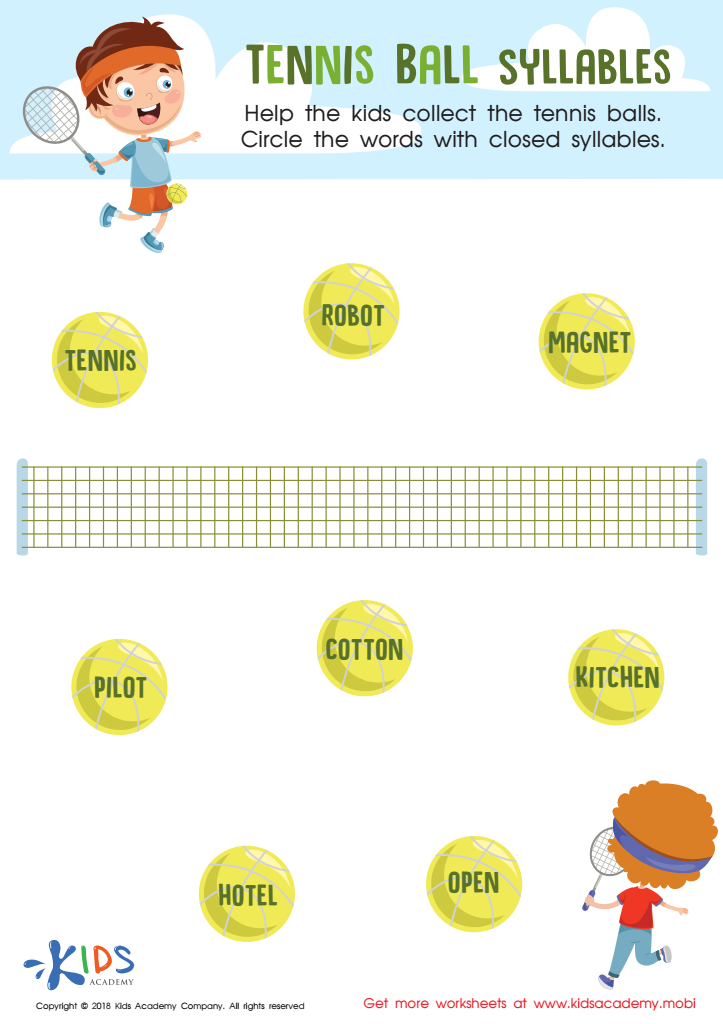

Tennis Ball Syllables Worksheet
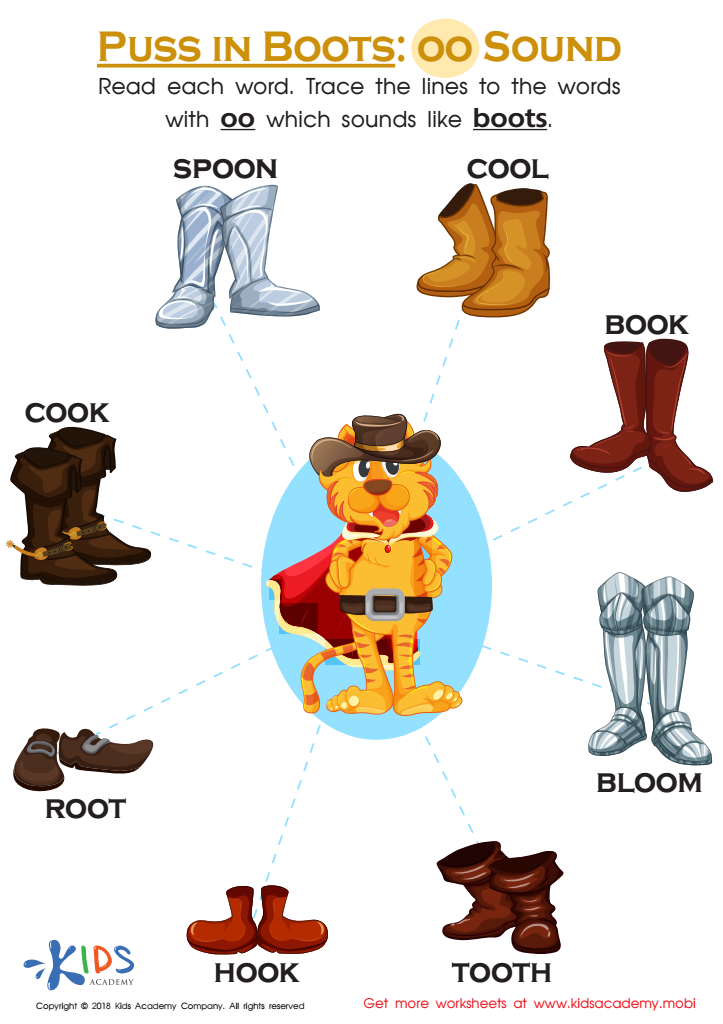

Puss in Boots: OO Sound Worksheet


Rhymes in Poems Worksheet
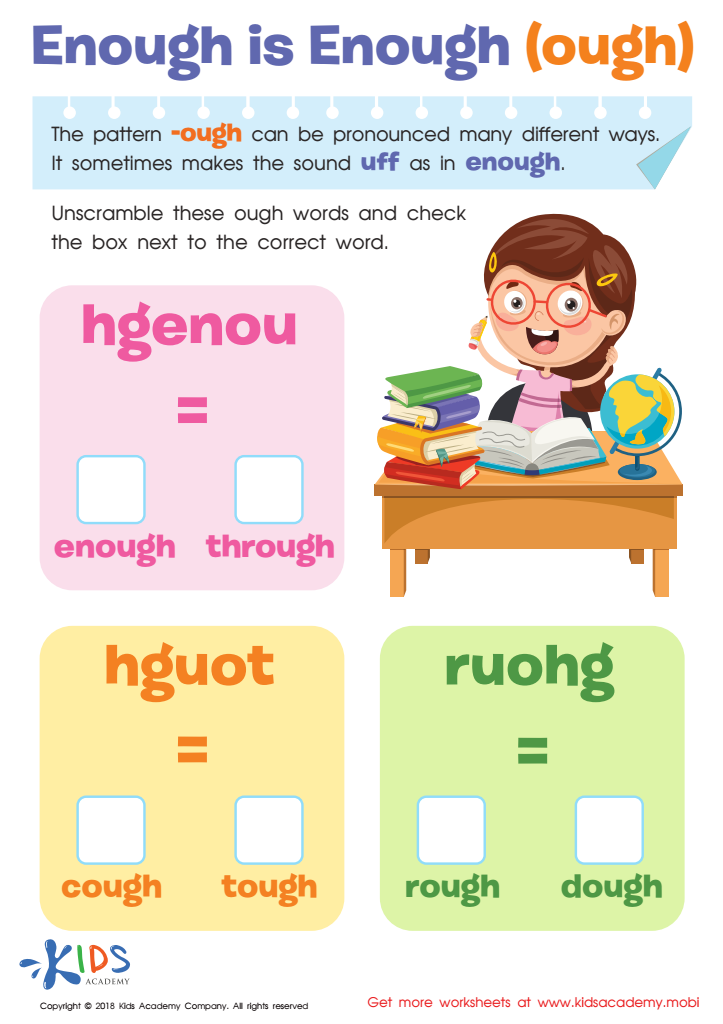

Enough Is Enough (ough) Worksheet
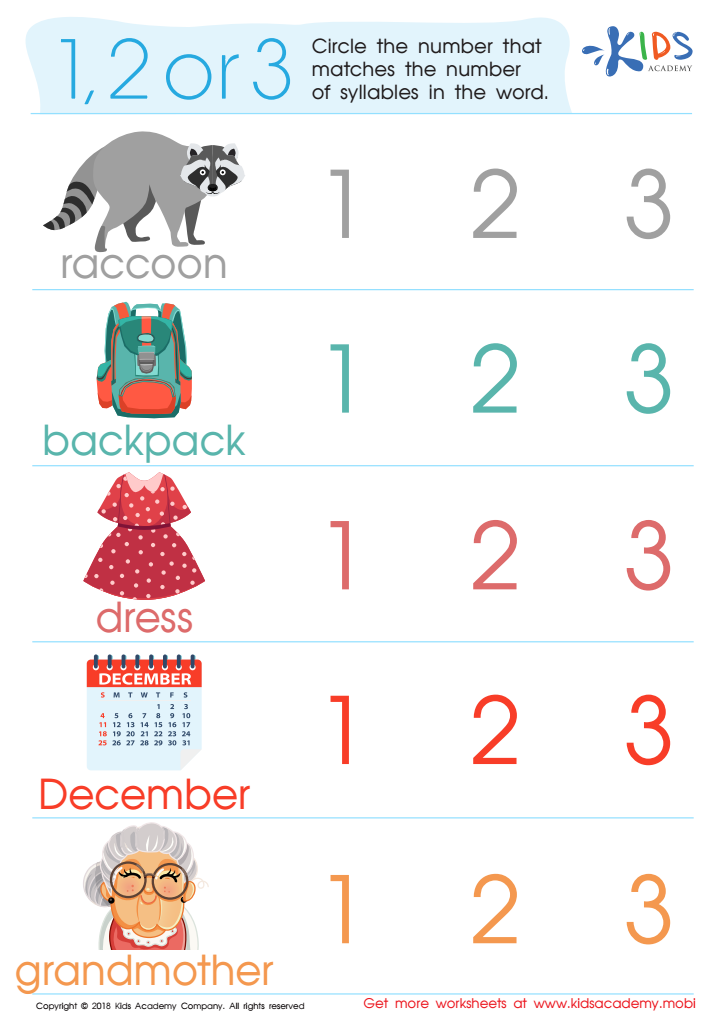

1, 2 or 3? Worksheet
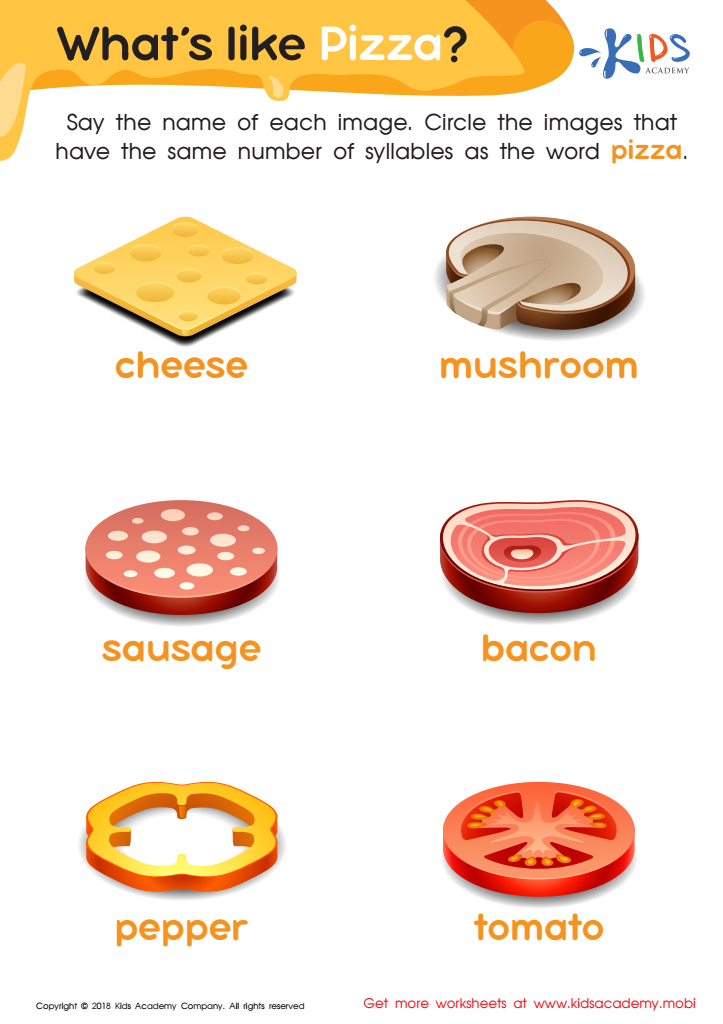

What's Like Pizza? Worksheet
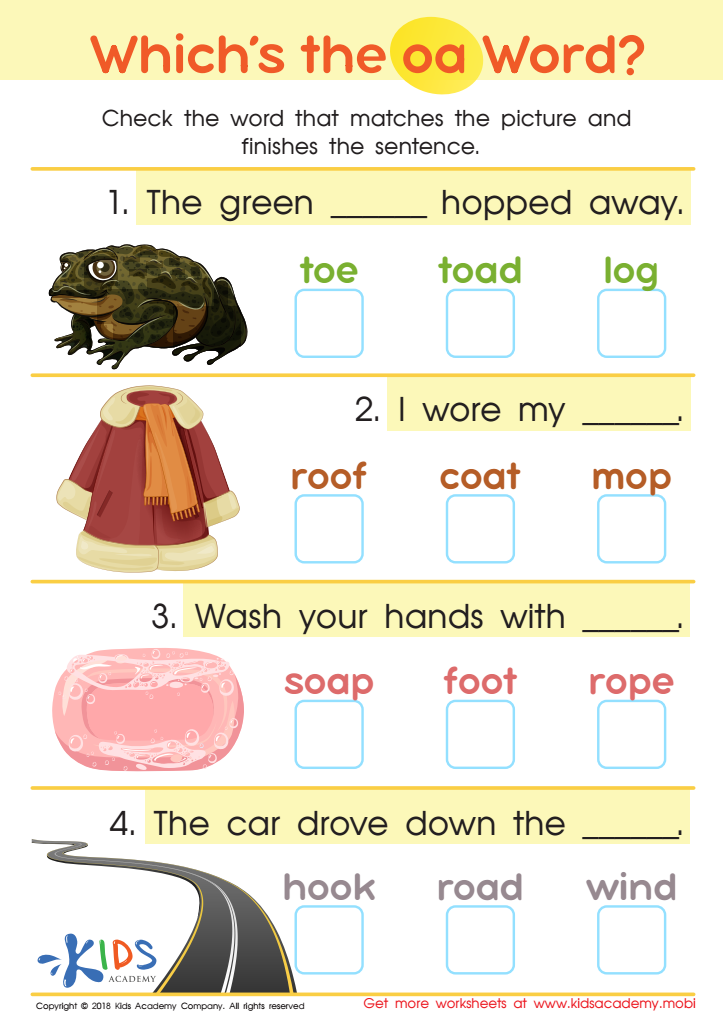

Which's the OA Word? Worksheet
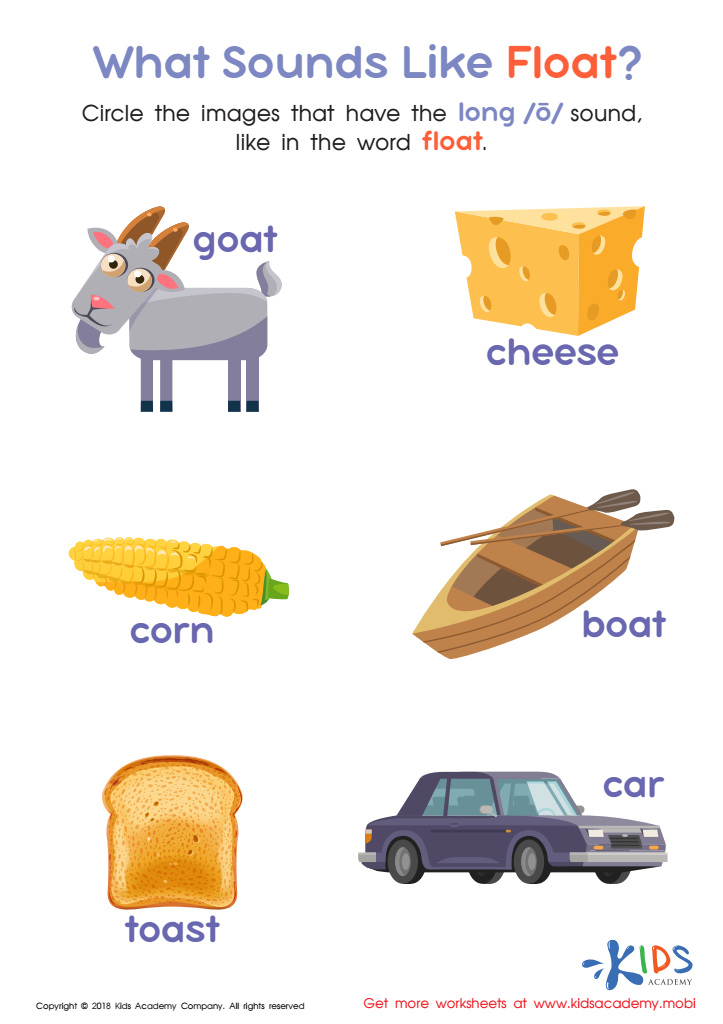

What Sounds Like Float? Worksheet
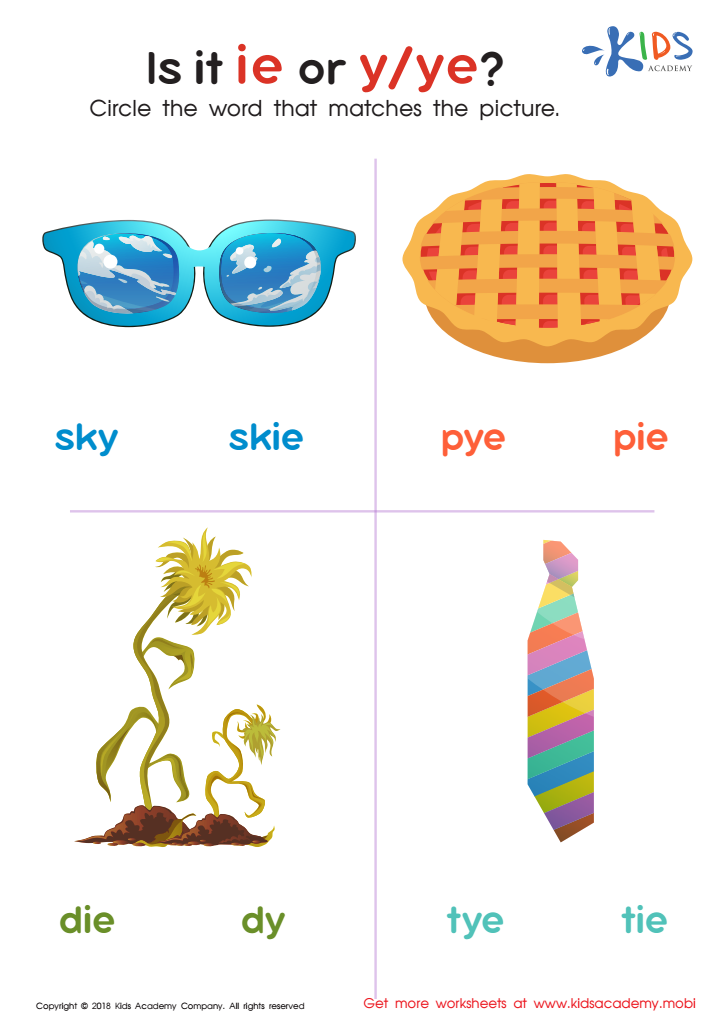

Is It IE or Y/Ye? Worksheet
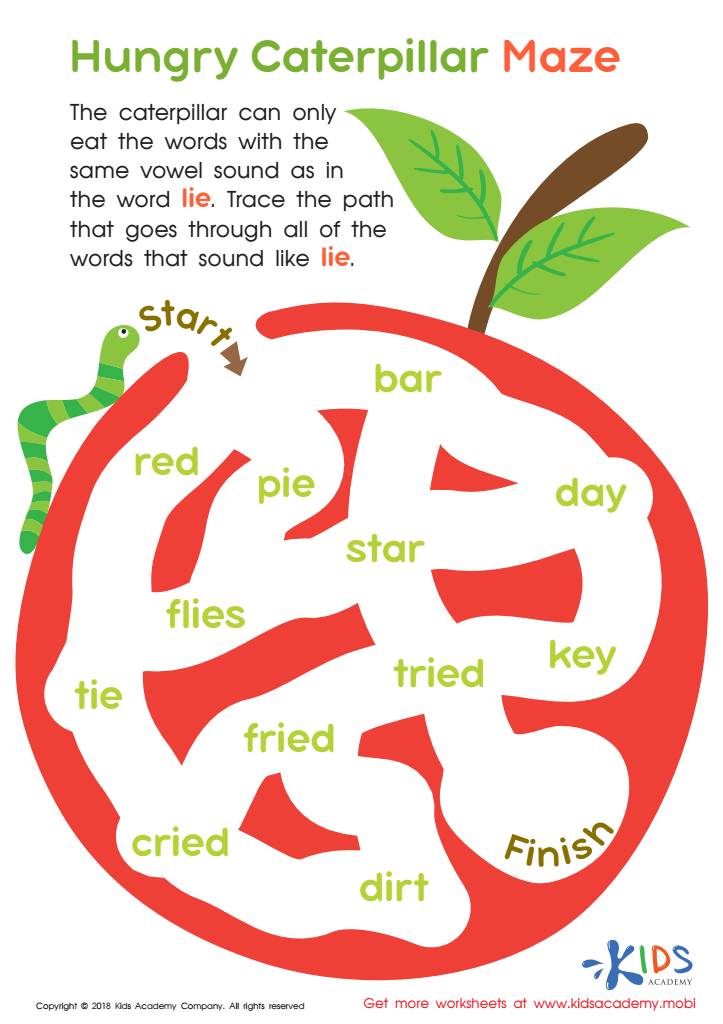

Hungry Caterpillar Maze Worksheet
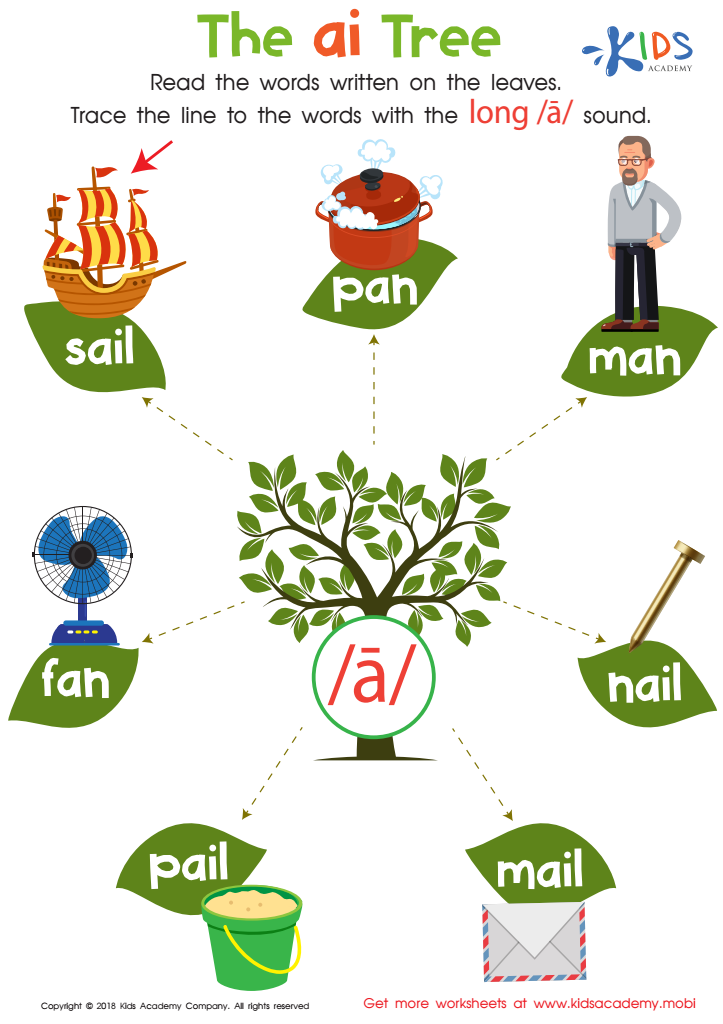

The AI Tree Worksheet
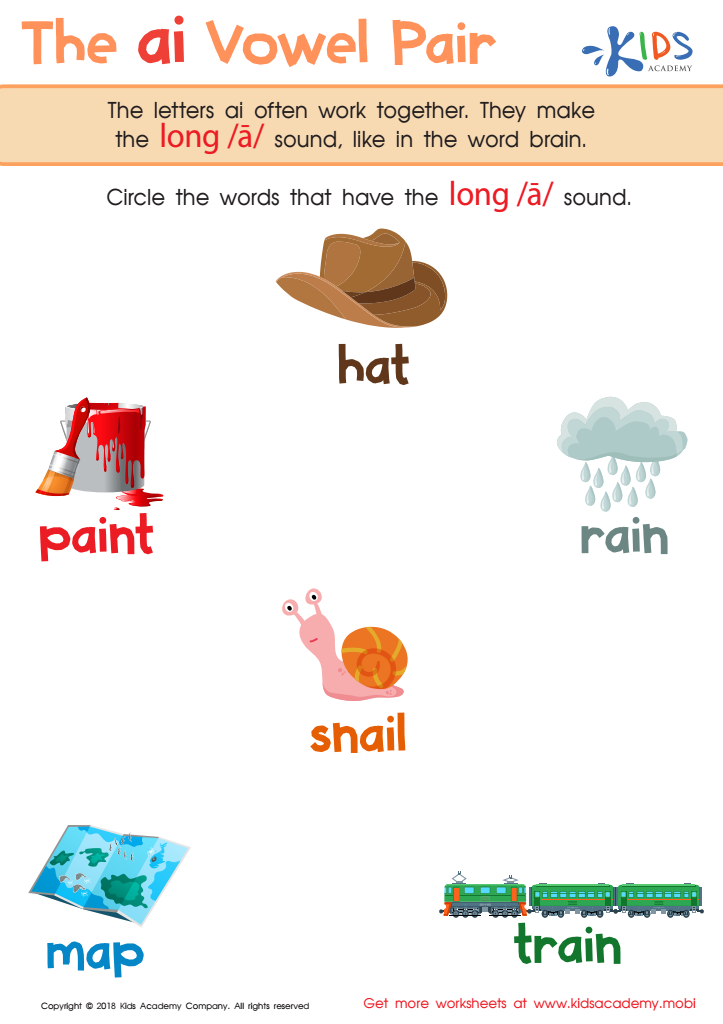

The AI Vowel Pair Worksheet
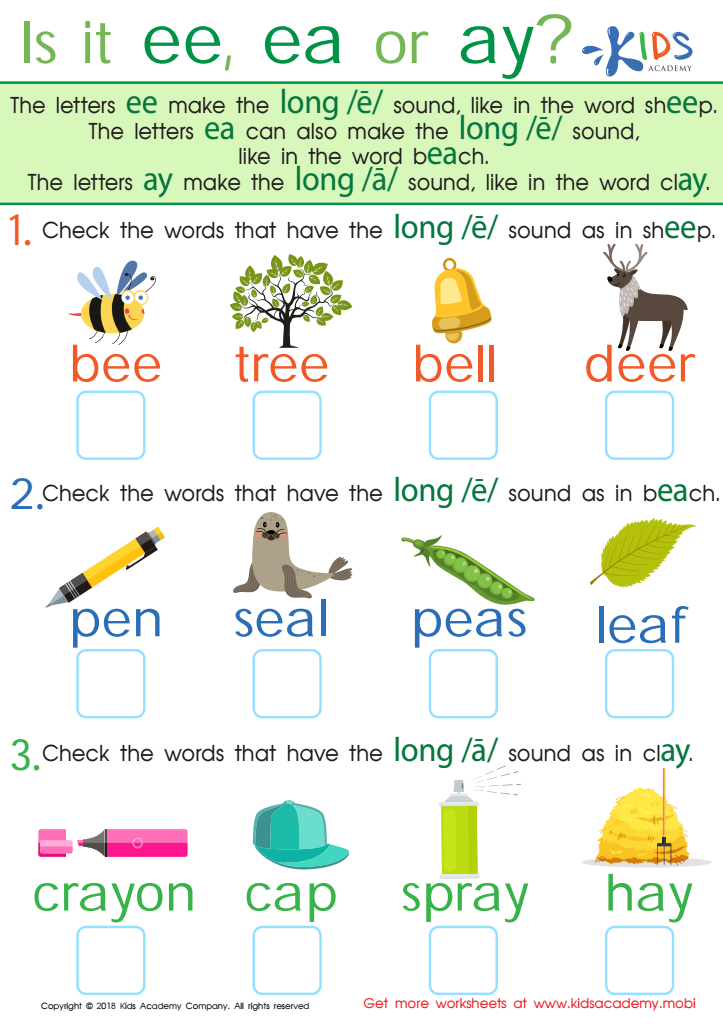

Is It EE, EA, or AY? Worksheet
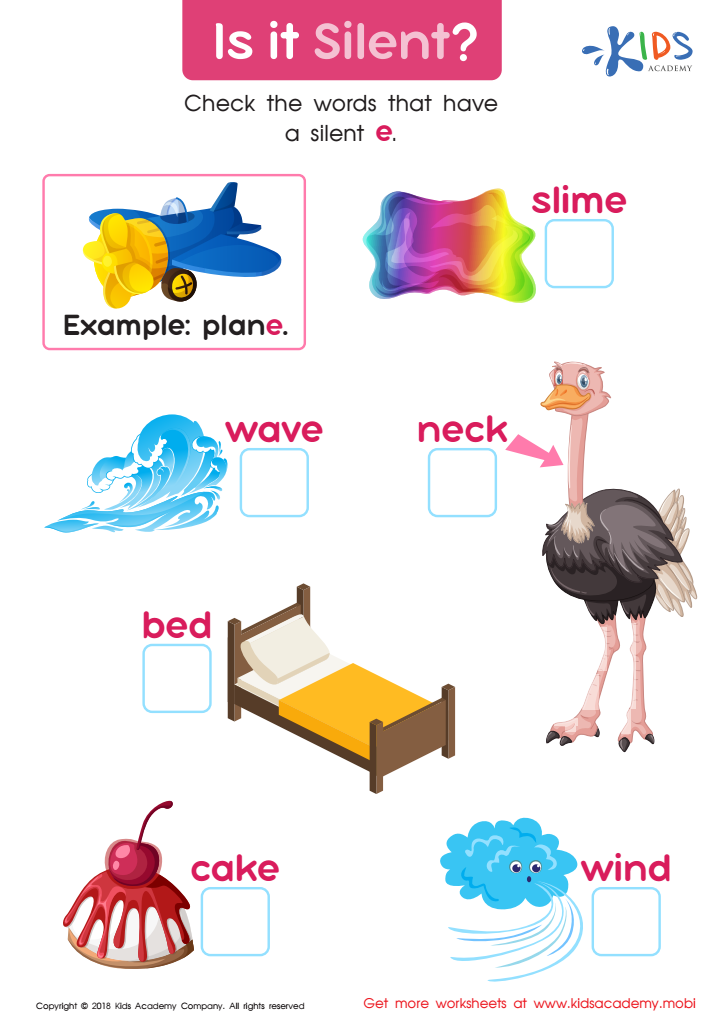

Is It Silent? Worksheet
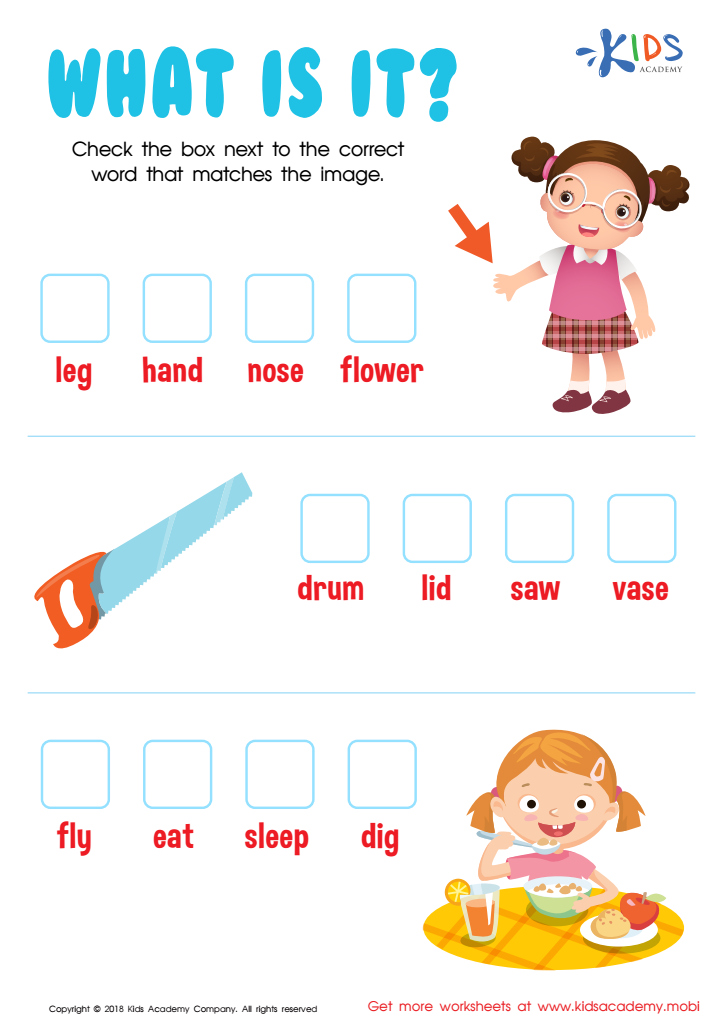

What Is It? Worksheet
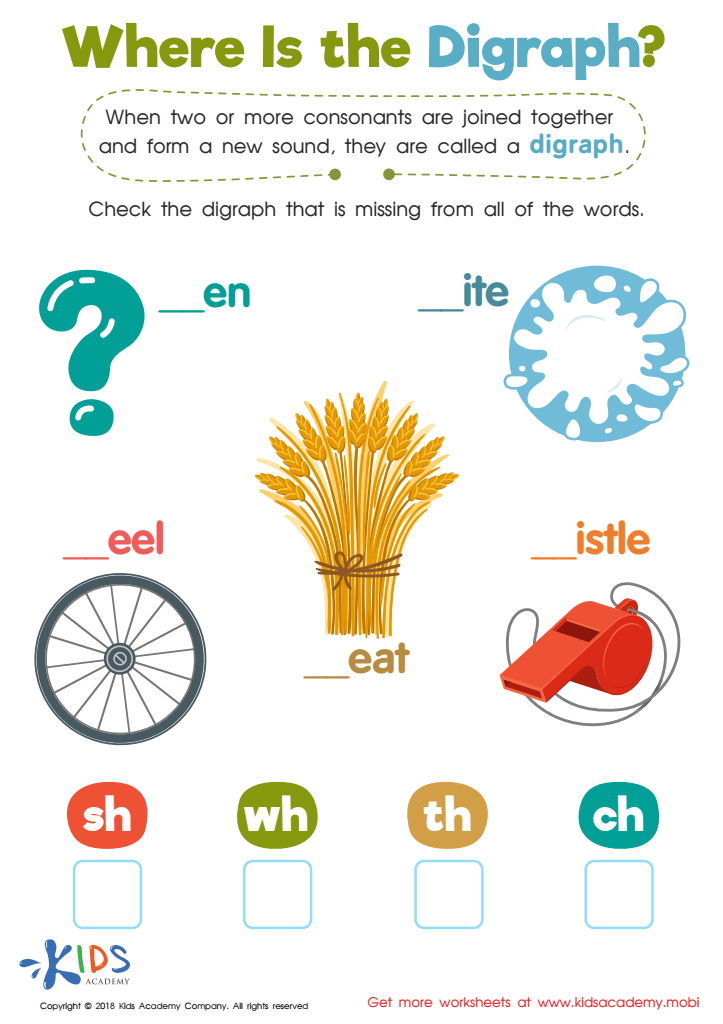

Where Is the Digraph? Worksheet
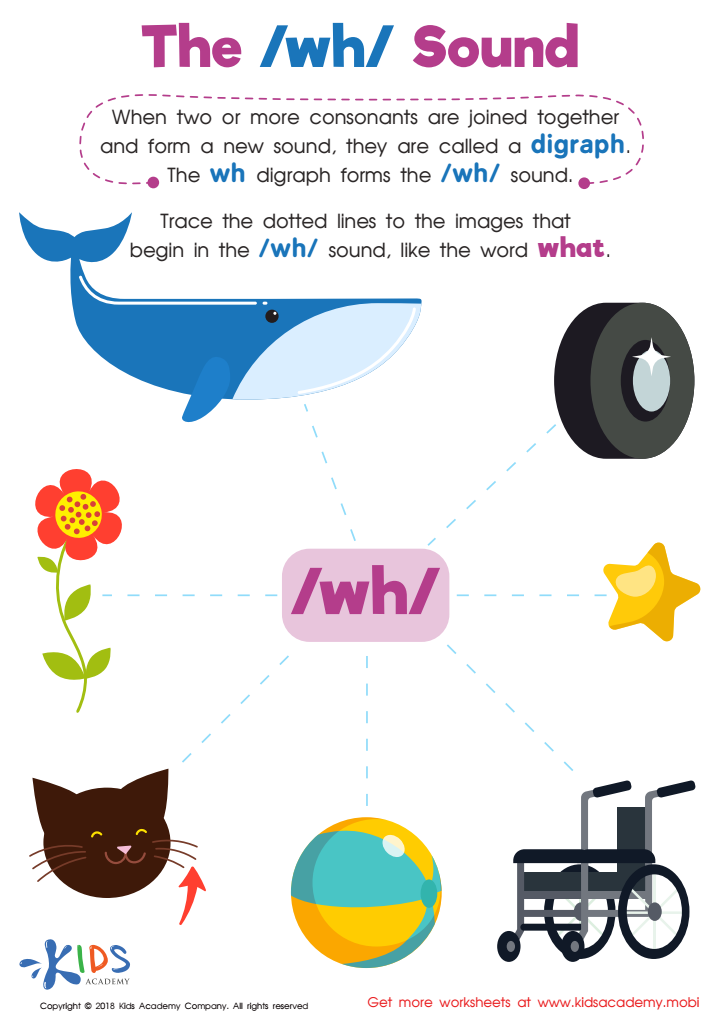

The /wh/ Sound Worksheet
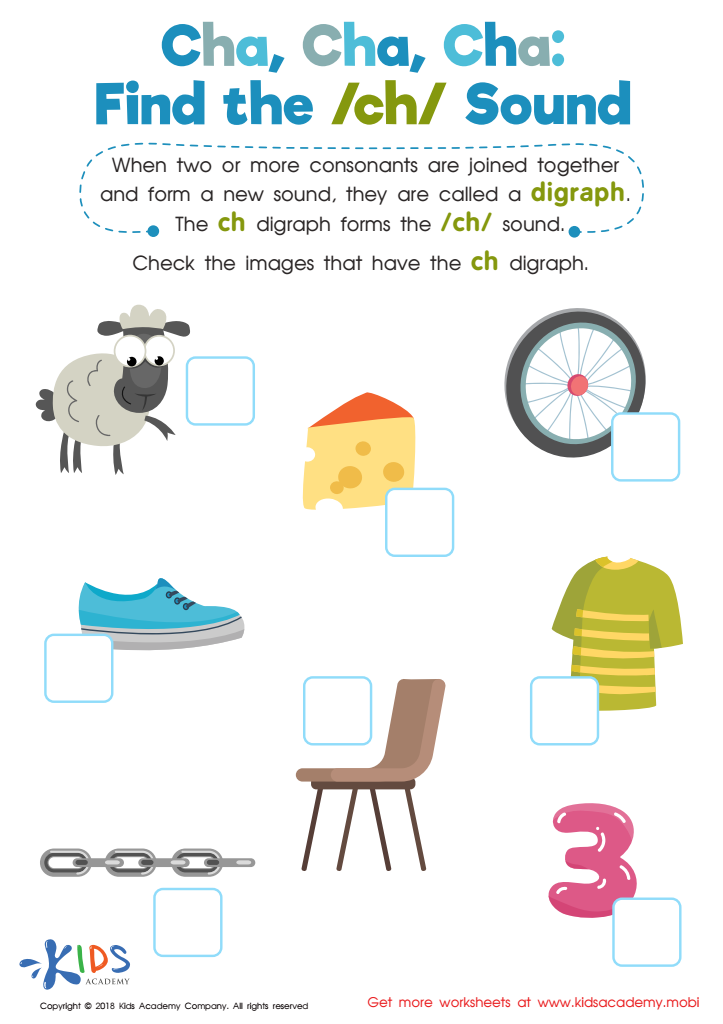

Cha, Cha, Cha: Find the /Ch/ Sound Worksheet
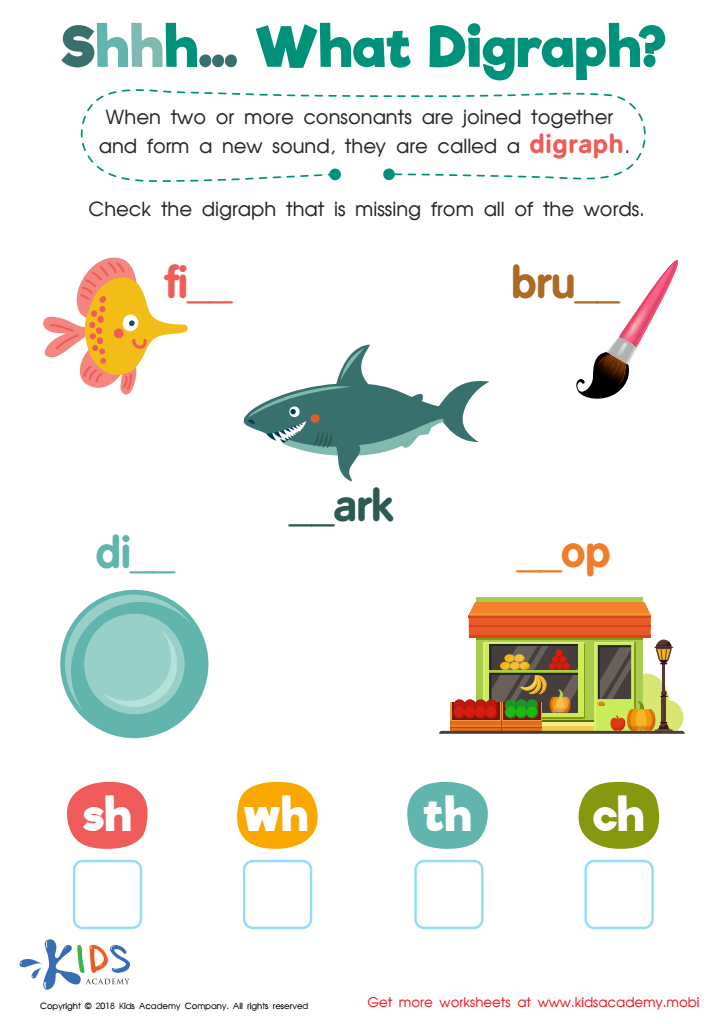

Shhh... What Digraph? Worksheet
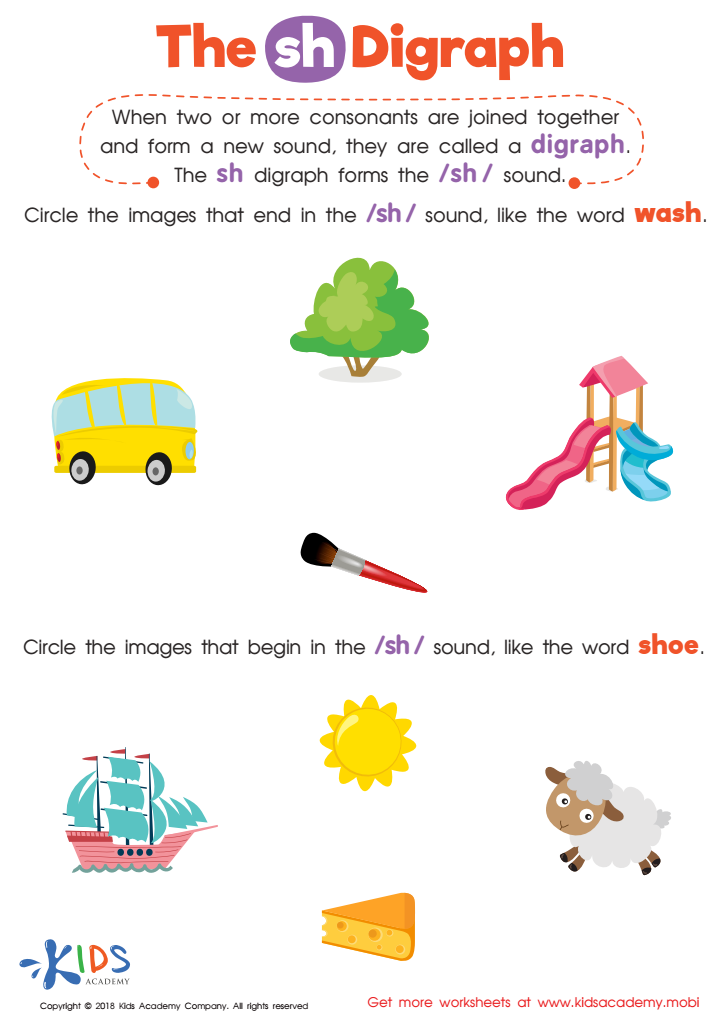

The SH Digraph Worksheet
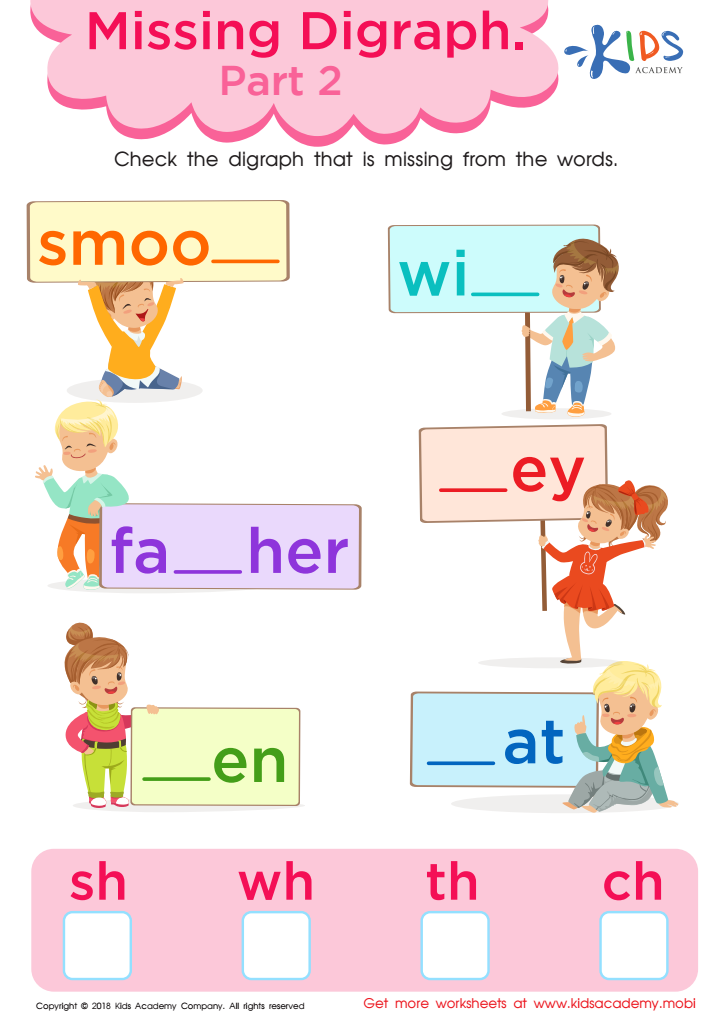

Missing Digraph: Part 2 Worksheet
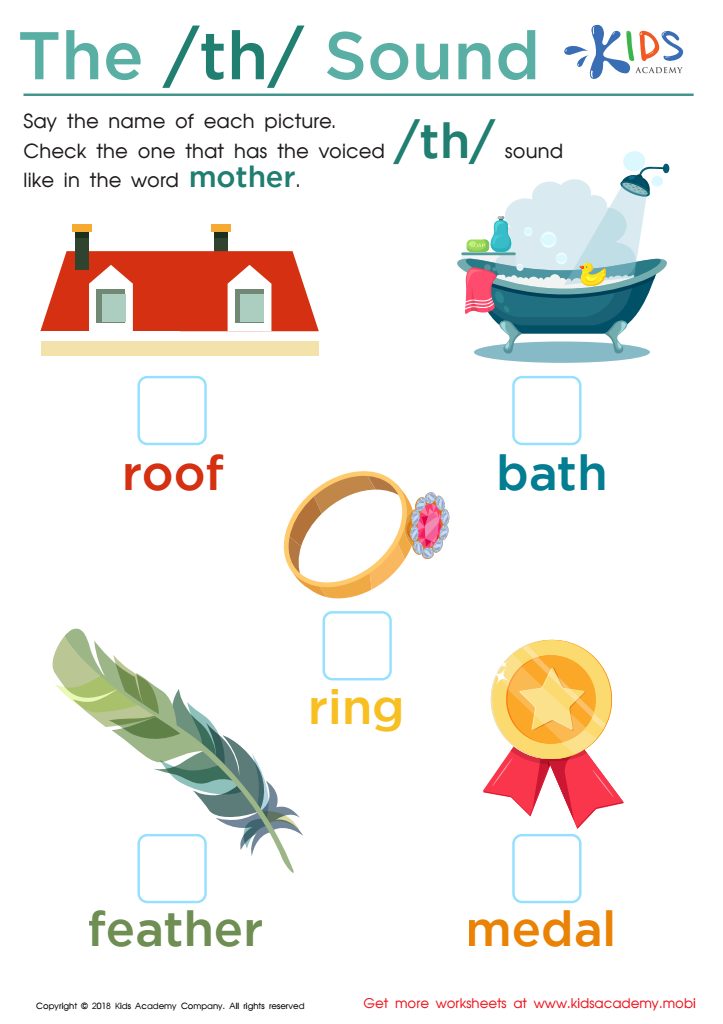

The /th/ Sound Worksheet
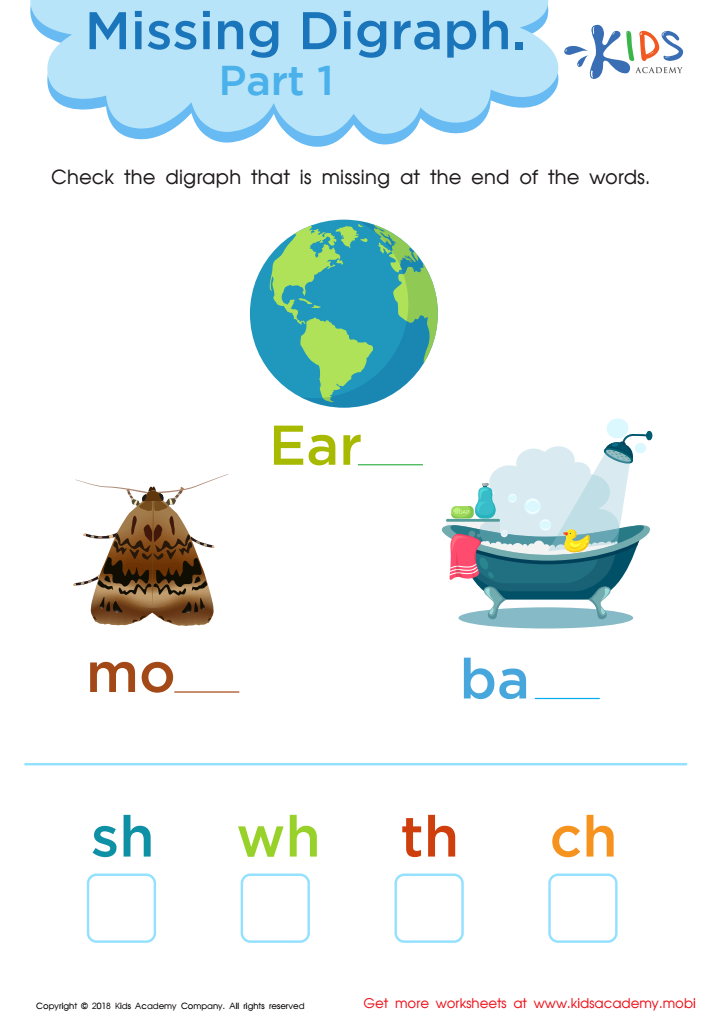

Missing Digraph: Part 1 Worksheet
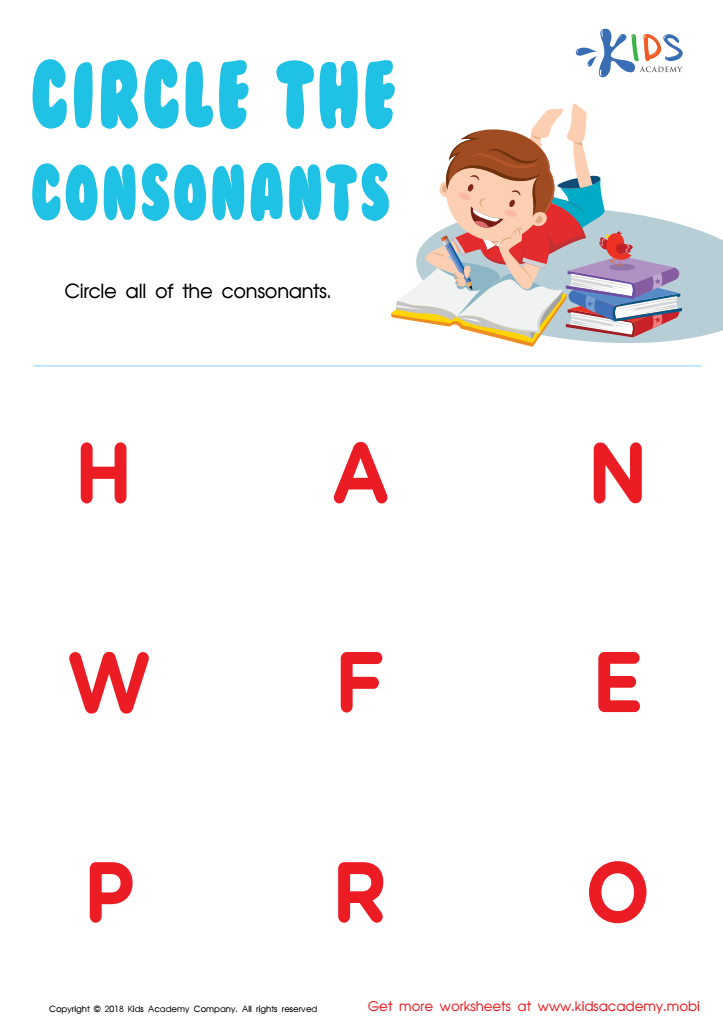

Circle the Consonants Worksheet
Parents and teachers should care about the Normal Alphabet for Ages 3-8 because it serves as the foundation for literacy development, which is crucial in early childhood education. During these critical years, children are rapidly developing cognitive and language skills, and exposure to a solid understanding of the alphabet paves the way for reading and writing fluency.
Teaching the Normal Alphabet enhances children’s phonemic awareness, the ability to recognize and manipulate sounds, which plays a significant role in early reading success. It makes learning fun through engaging activities that encourage exploration and creativity, making the alphabet more relatable and easier to grasp.
Additionally, children who are familiar with the Normal Alphabet often exhibit better language skills and self-expression, vital for effective communication. This familiarity not only boosts their confidence but also encourages a love for learning, facilitating a positive attitude towards education.
By investing time and resources into teaching the Normal Alphabet, adults can help children build essential skills that will benefit them academically and socially as they progress through school and beyond. Ultimately, nurturing a strong alphabet foundation sets the stage for lifelong learning and success.
 Assign to My Students
Assign to My Students
















